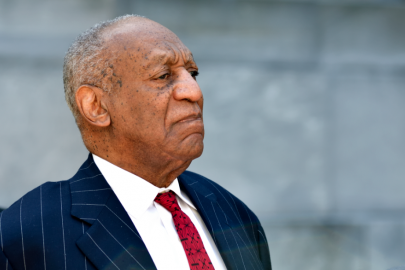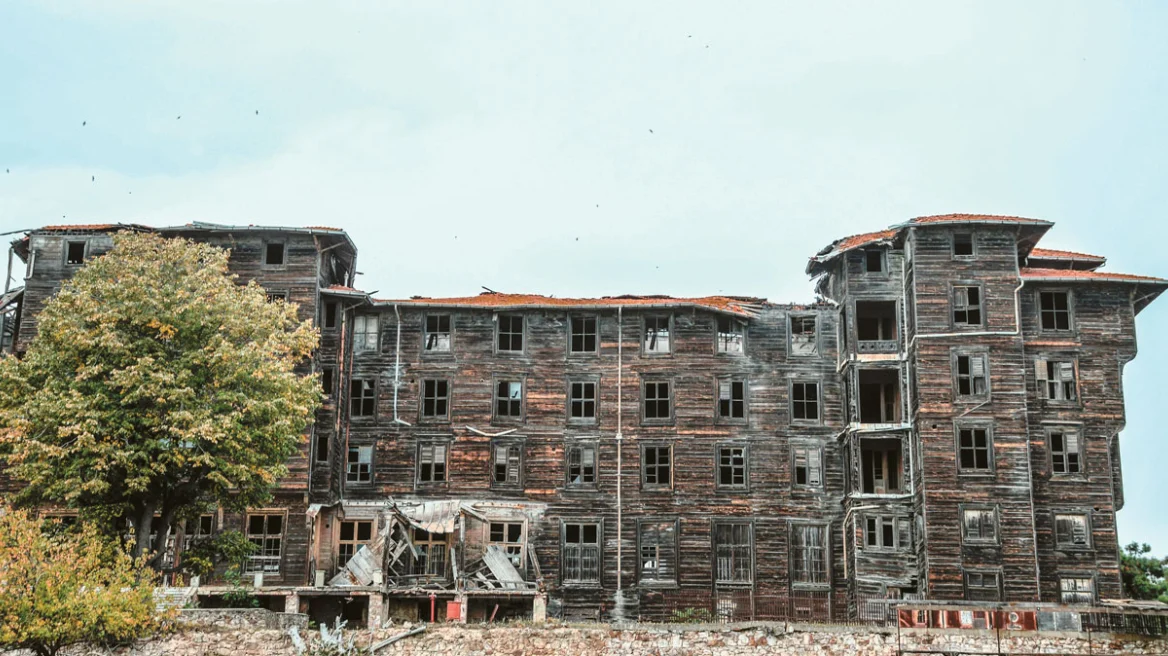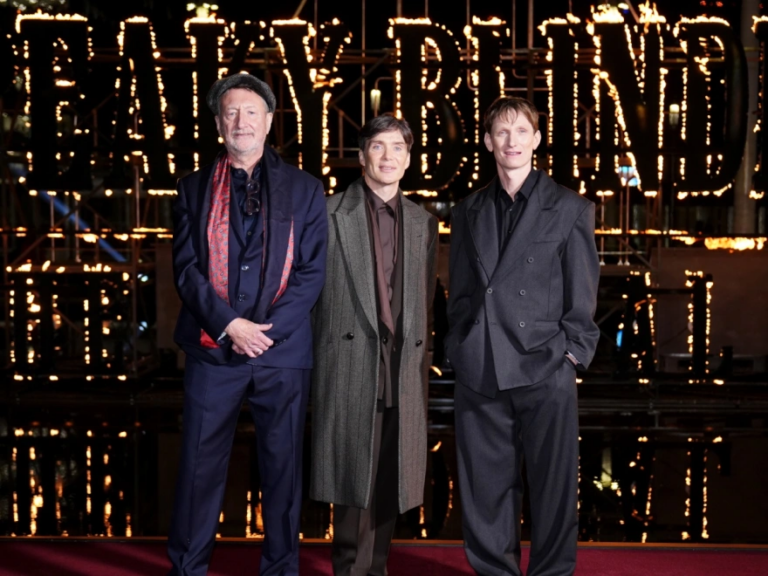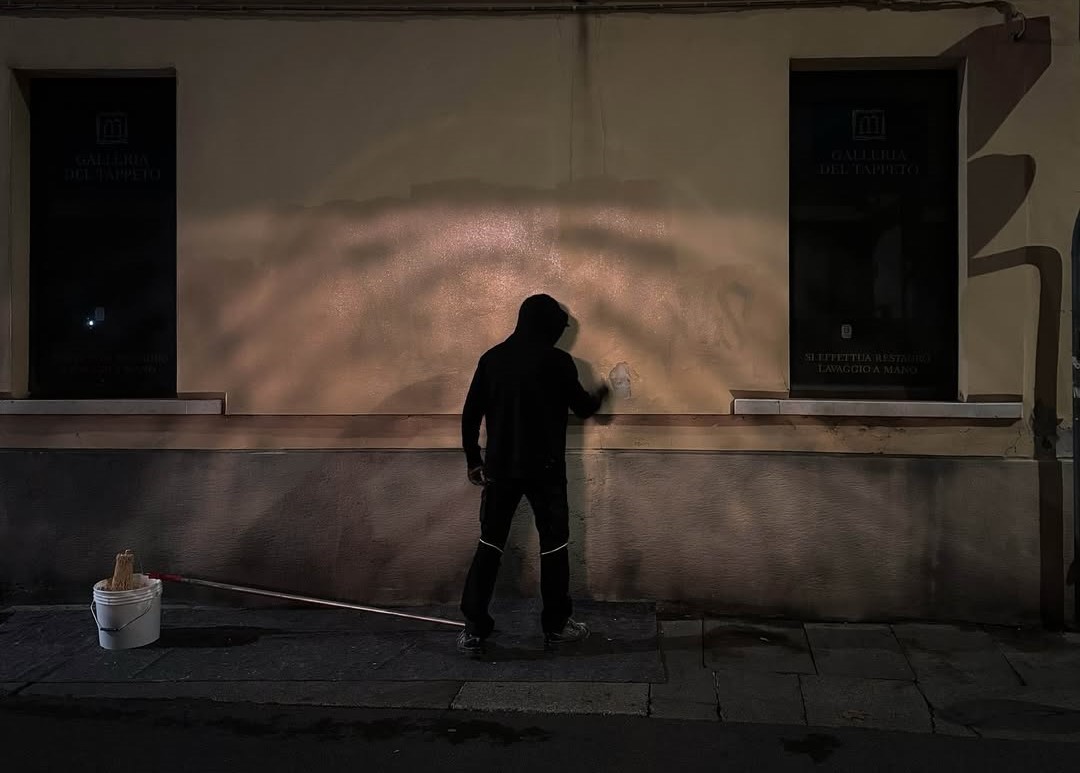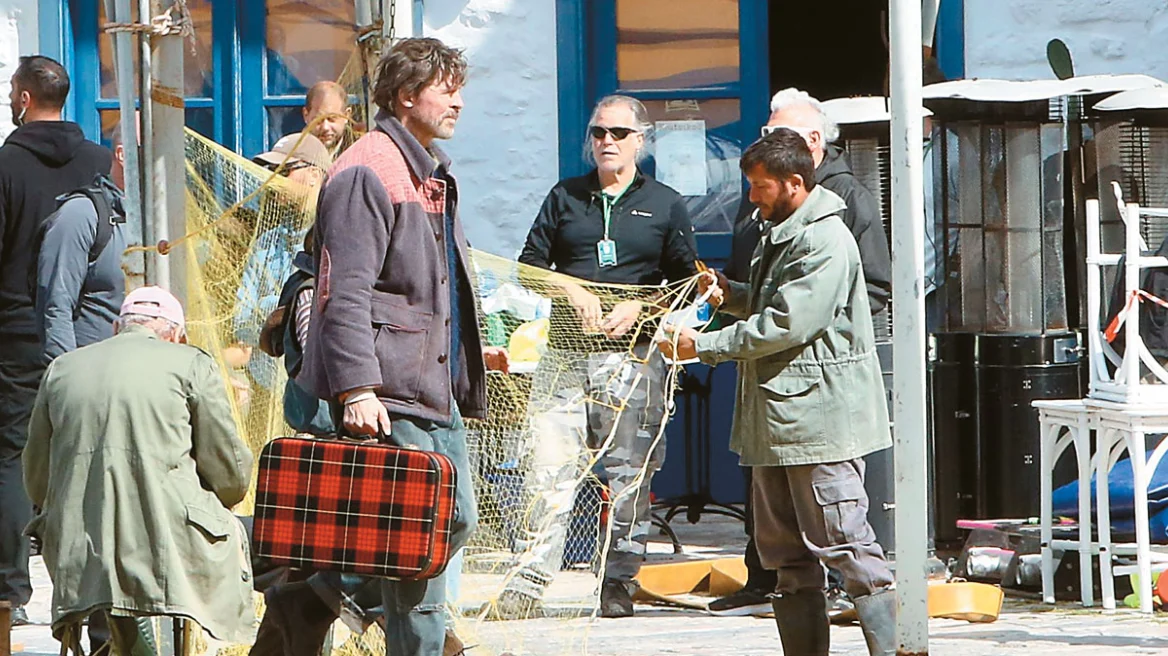When a grainy video of standup comedian Hannibal Buress making a joke about Bill Cosby’s rape allegations on an October night in 2014 went viral, the rallying cry of #MeToo was years away.
The men the movement would lay low were still at the height of their powers. That same evening, Bill O’Reilly was on his top-rated Fox News show, railing against political correctness, while the next morning, Charlie Rose told CBS This Morning’s audience about an Ebola outbreak.
But the Buress clip was the first rumble of an avalanche bearing down on Cosby, prompting dozens of women to come forward with their own stories of abuse by the entertainer, eventually leading to his arrest and subsequent conviction.
When the comedian, once known as “America’s Dad,” is sentenced to what could be up to 10 years in prison this week for drugging and sexually assaulting a woman in 2004, it will be perhaps the starkest evidence yet that the #MeToo movement has permanently altered the way the country reckons with sexual misconduct by powerful men.
“I’m hoping that’s a permanent change – that there isn’t the idea that you get to a point of success that you can do whatever you want,” said Aviva Orenstein, a law professor at Indiana University who has studied sexual assault cases. “Jokes about casting couches – I mean, that was tolerated for years. Sexual favors are expected, and genius is recognized as an exception to decency.”
Cosby, once the beloved star of the 1980s television comedy “The Cosby Show,” eventually faced accusations from some 60 women stretching back decades, some of which had long been known but previously failed to gain traction.
His arrest in late 2015 predated the #MeToo movement, which gained steam following multiple allegations against movie mogul Harvey Weinstein, by nearly two years. But Deborah Tuerkheimer, a law professor at Northwestern University and an expert on sexual assault cases, said Cosby’s case, as well as the election of U.S. President Donald Trump in 2016, helped “seed the ground” for the coming wave.
“I do think you can draw a line between the Cosby case and where we are now,” she said.
Read more HERE
Ask me anything
Explore related questions
